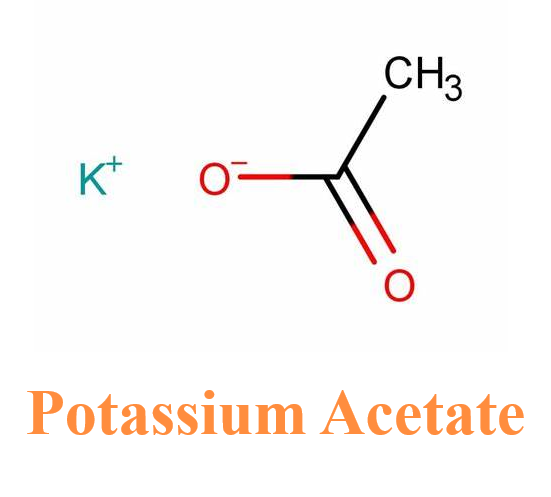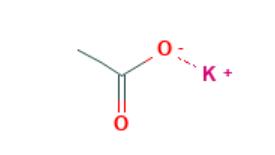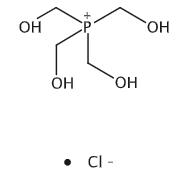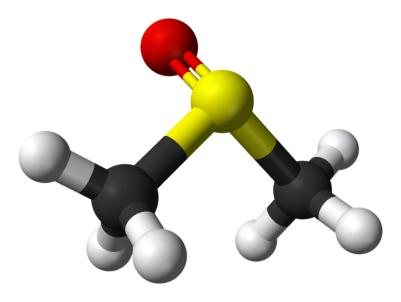The Side Effecrs of Potassium Acetate
Potassium acetate, also known as acok or CH3CO2K, belongs to the class of organic compounds known as acetate salts.
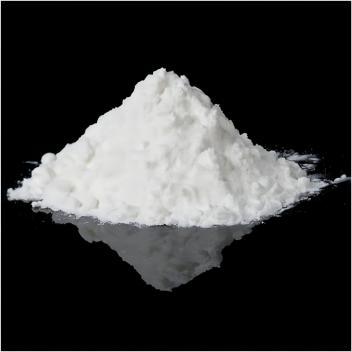
Potassium Acetate is a moderately water soluble crystalline Potassium source that decomposes to Potassium oxide on heating. It is usually immediately available in most volumes. All metallic acetates are inorganic salts containing a metal cation and the acetate anion, a univalent (-1 charge) polyatomic ion composed of two carbon atoms ionically bound to three hydrogen and two oxygen atoms (Symbol: CH3COO) for a total formula weight of 59.05. Acetates are excellent precursors for production of ultra high purity compounds, catalysts, and nanoscale materials.
Potassium Acetate is a moderately water soluble crystalline Potassium source that decomposes to Potassium oxide on heating. It is generally immediately available in most volumes.
Side Effects
Even though it may be rare, some people may have extremely bad and occasionally deadly side effects when taking Potassium Acetate.
Signs of an allergic reaction, like rash; hives; itching; red, swollen, blistered, or peeling skin with or without fever; wheezing; tightness in the chest or throat; trouble breathing, swallowing, or talking; unusual hoarseness; or swelling of the mouth, face, lips, tongue, or throat.
Signs of an elevated potassium level like a heartbeat that does not feel normal; variation in thinking precisely and with logic; feeling weak, lightheaded, or dizzy; feel like passing out; numbness or tingling; or shortness of breath.
Trouble moving around.
Related articles And Qustion
See also
Lastest Price from Potassium Acetate manufacturers

US $1200.00-1100.00/ton2025-08-11
- CAS:
- 127-08-2
- Min. Order:
- 1ton
- Purity:
- 99%
- Supply Ability:
- 1000T/M

US $10.00/KG2025-04-21
- CAS:
- 127-08-2
- Min. Order:
- 1KG
- Purity:
- 99%
- Supply Ability:
- 10 mt

